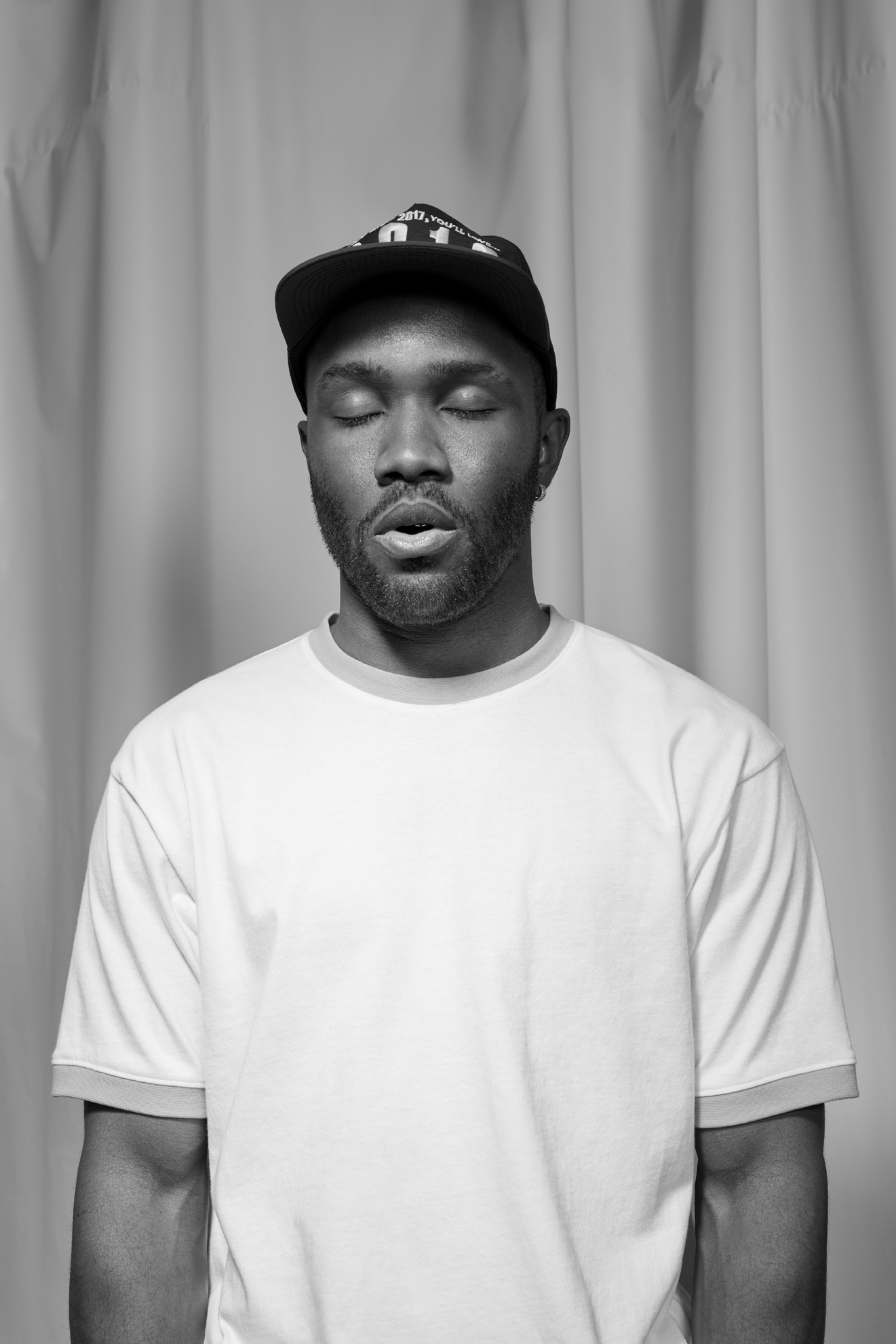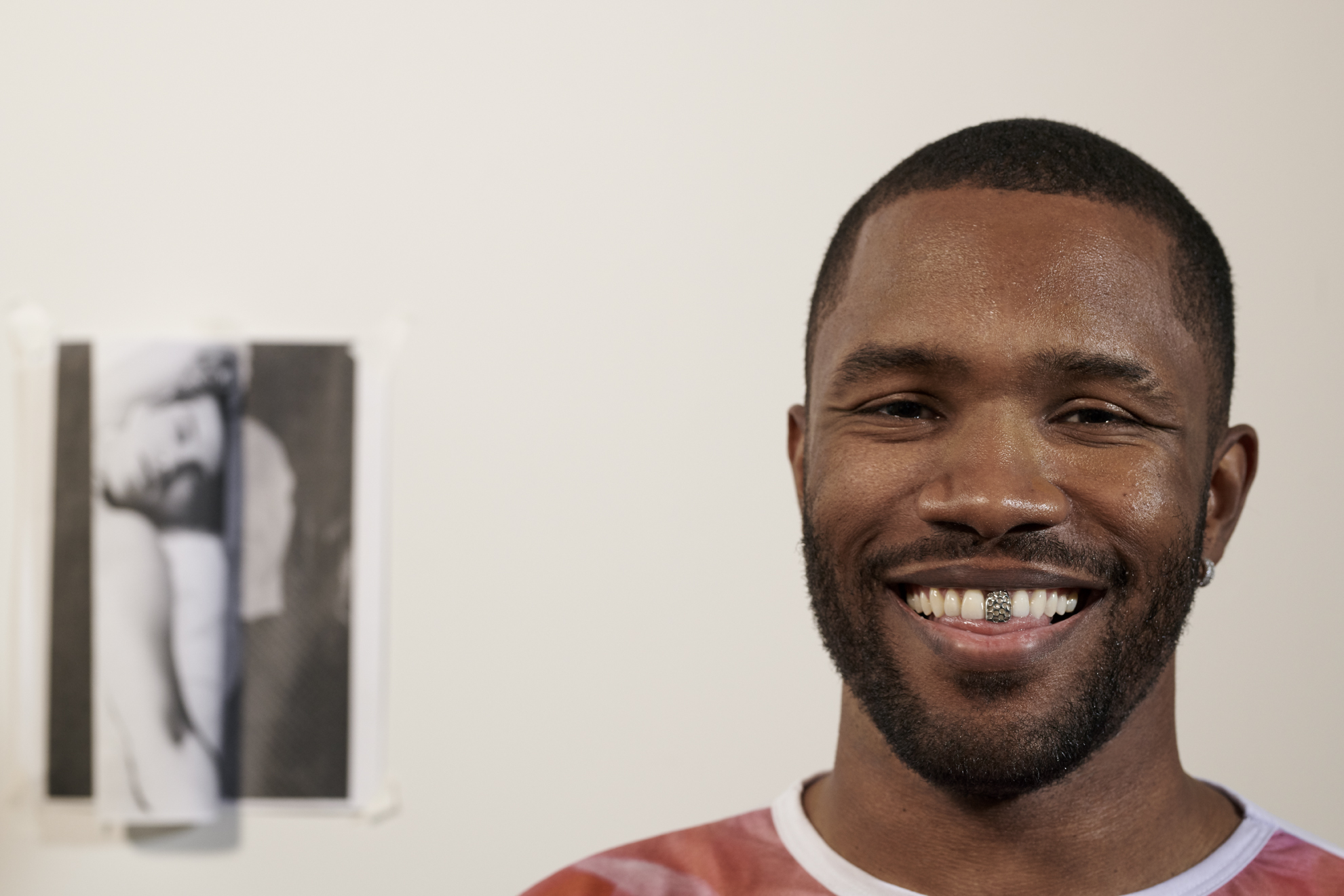Frank Ocean ha concesso un’intervista favolosa a Gayletter per il decimo numero della rivista newyorkese.
Gli argomenti toccati sono stati numerosi, dall’amore ai social media, allo sport agli show televisivi, ma abbiamo scelto qui i 5 punti salienti dell’intervista.
1. L’amore
Frank Ocean non è uno di quelli che usano le app tipo Tinder ma non perché faccia il tipo snob. Non le usa semplicemente perché è fidanzato da 3 anni. Amen.
“I don’t use dating apps. I’ve been in a relationship for three years. I definitely wasn’t using dating apps before then. I don’t think I would use dating apps now. I fuck with Marc Jacobs’ philosophy on that, so I wouldn’t rule it out, but it is a little hectic being a famous person on dating apps“.
2. Nuova musica
Come ha trascorso le sue giornate ultimamente il buon Frank?
“Same old: making things, a lot of time in the studio between here [New York] and L.A. I split my time. I have a house in both places“.
Il fatto che sia tornato su Instagram e che stia concedendo più interviste, fa ben sperare nel fatto che Frank stia preparando il terreno per l’uscita di qualcosa di nuovo.

3. Il rapporto coi social
I social hanno inevitabilmente cambiato anche il mondo dell’industria musicale e il modo degli artisti di comunicare con l’esterno.
Sull’impatto dei social media e sul suo modo di “gestirlo”, Ocean si è espresso così:
“I think the social media thing is kind of amped up. One could argue that people don’t actually get information more than half the time. They browse information. I don’t know if they really ingest it“.
“I don’t know if it’s terribly calculated, but I’m just trying to put myself more into whatever kind of stream is going on here in culture”.
https://www.instagram.com/p/BwUno2TBbj9/
4. Da dove viene il nome Frank Ocean
Partendo da una citazione di RuPaul “We’re all born naked, and the rest is drag”, Tom Jackson chiede a Frank Ocean se ci sia una separazione tra l’artista e la persona dietro al nome Frank Ocean.
La domanda porta l’artista a spiegare il significato del nome dato al progetto e del progetto stesso:
“I’ve never considered that. For me, the genesis of that name change came from me trying to make a project without my label knowing about it. It was born from a need. It came about in such a way that I didn’t think about whether it was armor for me. I hear certain people say that about their name, their look, even their sound, that it’s a form of armor or a shield from whatever pain they might not want to feel.
I don’t think that was it, though. I was just trying to be slick, so I could do what I was doing without people knowing. And it worked. I kept with it. I’m such a part of the generation that’s influenced by rap and hip-hop. For me those sorts of names are so commonplace in the genre and in the culture, so it felt correct“.
5. Cosa vuol dire essere un artista
Come ci si misura con il successo? Che cosa non dovrebbe perdere di vista un artista?
C’è tutto scritto qui sotto. Prendetela come fosse la pagina di una Bibbia.
“Anytime you get into the business side of the arts, there has to be some degree of objectification or commodification that you’re comfortable with, of yourself and of your work.
I don’t know about purity. It depends on what you want. A lot of people I talk to about careers in the music industry, their ideas of success have to do with nostalgia. They have to do with tropes of success, things they’ve been shown over the years that represent what a successful career is. I think that helps you become prey, because somebody can manipulate you with those things. Then you may get to a point in your experience where you become disillusioned with those things. So anybody having a clear idea — even if it’s as crass as “how much money do I want to make, specifically?” — I think that’s much clearer than some of these other things that represent success, whether that’s X amount of spins or streams or plaques. Even sold-out venues. If those things don’t help you reach your defined priorities, then what are those things there for?
That’s how I try to make decisions in my life and career, and, if asked, I share that philosophy with anybody who asks. For me, it’s about Why am I doing this? What exactly do I want from this? And how do I get those specific things I want out of this? And what does success look like on those terms? And what does failure look like on those terms? That’s how I think about it now“.

Leggi tutta l’intervista qui.





